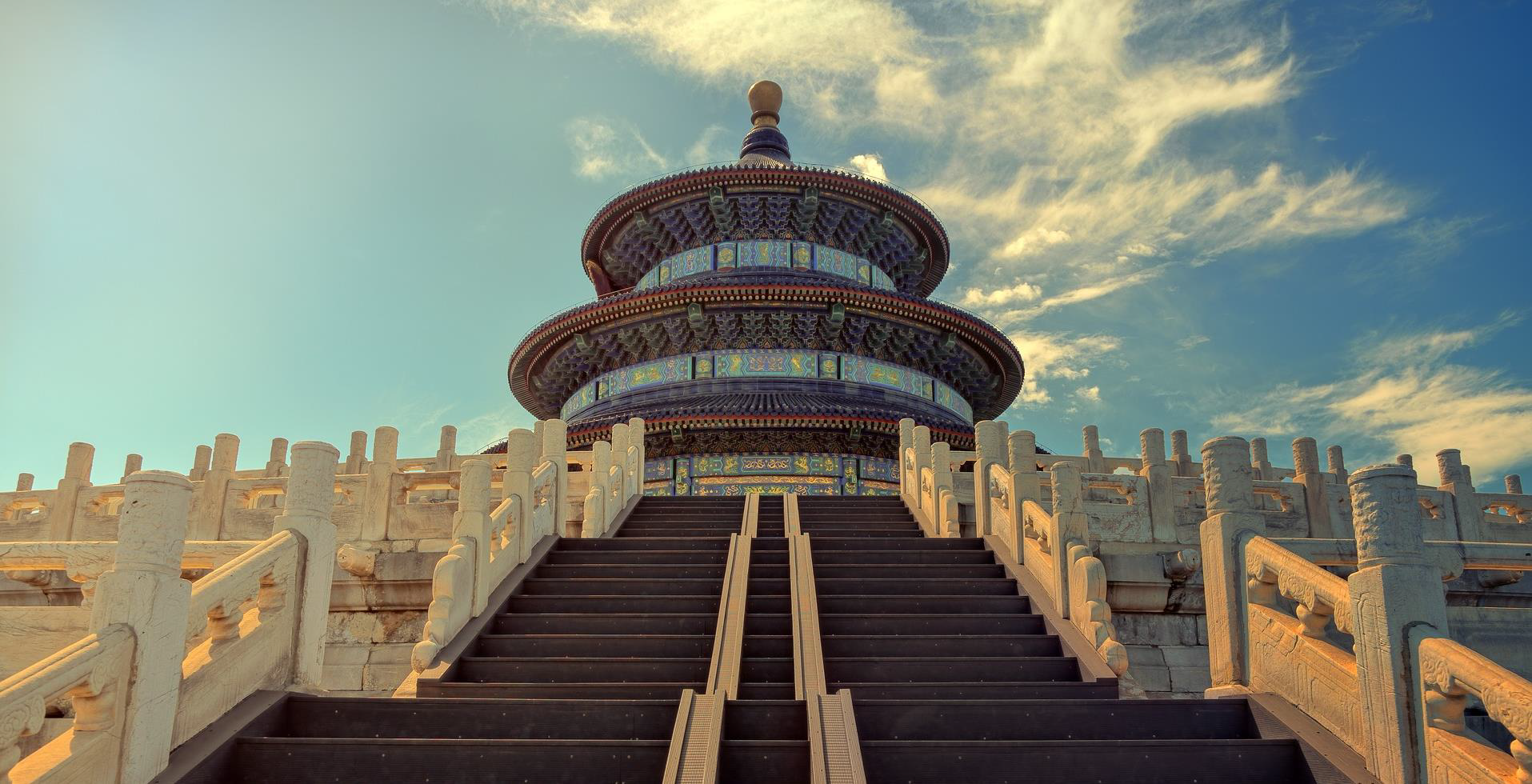Potential negative impacts of economic dependency on China are increasingly scrutinized. However, conventional trade statistics are a poor guide to bilateral export exposures. For a better analysis of risks, countries need to consider the impacts of their indirect trade with China linked to their role in the product supply chains.
In December 2021, reports about China pressuring German firms to stop using Lithuanian suppliers in the production of their China-bound export goods started to emerge. These actions were aimed at hurting laser and automotive industries, which account for a significant portion of Lithuania’s overall exports. China’s move came during a high profile spat with Lithuania, which had already seen a number of coercive Chinese measures – suspending imports of Lithuanian agricultural products, banning Lithuanian companies from participating in Chinese government procurement, stopping freight train services connecting Vilnius under China’s Belt and Road Initiative – it still took many by surprise. Such an open and brazen attempt to inflict economic damage via a country’s position in the global supply chain was unprecedented.
Lithuanian exports to China have always been very low, constituting about half a percent of total exports. At the same time, some of China’s earlier moves, such as the removal of Lithuania from China’s customs system, have already frozen direct imports from Lithuania. While Lithuanian policymakers had anticipated such retaliation before opting for pursuing a closer cooperation with Taiwan, a coercive measure via supply chains was out of their expectations at that time.
The Lithuanian incident alerted the international community to this new type of supply chain weaponization, which some call “informal secondary sanctions.” Due to their complex and somewhat “hidden” nature within the global supply chains, the potential impact and risks related to these sanctions appear difficult to measure. This is also evident from the fact that despite the recent proliferation of analyses on risks, vulnerabilities, and dependencies vis-a-vis China, informal secondary sanctions rarely make it to these publications.
Supply chains not only obscure the real size of trade linkages, but can also augment the impact of other developments: macroeconomic changes, risks, challenges as well as the potential of adversarial action. At the same time, their complex and interdependent nature ties the hands of policymakers and reduces the scale and impact of tools that can be used to govern and mitigate the risks.
The need to mitigate supply chain risks and increase economic resilience has rapidly gained prominence in the policymakers circles. NATO Secretary Jens Stoltenberg’s remarks at the Munich Security Conference on 18 February 2023 provide a recent, high-profile and clearly worded example, when he cautioned that “we should continue to trade and engage economically with China. But our economies and our economic interests cannot outweigh our security interests” and urged “not make the same mistakes with China and other authoritarian regimes” as were made in case of building Europe’s fossil fuel dependency on Russia.
This analysis will strive to address these issues by measuring what we call final demand exposure of individual states to China. It will do so by overcoming the traditional bilateral accounting of trade relations and applying insights from the methodology used in the analysis of global value chains. This paper’s contribution is first and foremost in establishing the need for inclusion of supply chain exposure in policy discussions and measurements of economic dependencies, resilience, and risk estimations. It does so by quantifying the final demand exposure, identifying the countries with increased risks, reviewing the potential policy approaches and recommending those that could most effectively manage supply chain risk, mitigate vulnerabilities, and enhance resilience.
Publication of this paper was supported by a grant from the International Republican Institute (IRI) and Centre for International Private Enterprise (CIPE).
The authors would like to thank Ľuboš Krnáč for his invaluable assistance with econometric analysis and data production.









